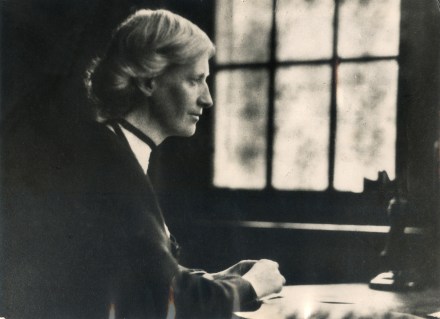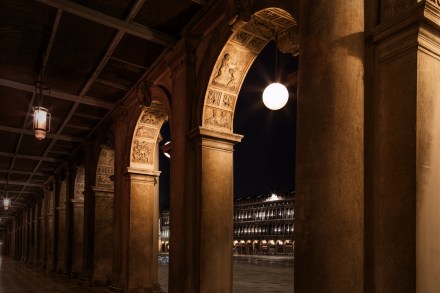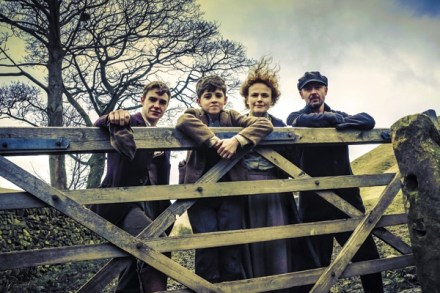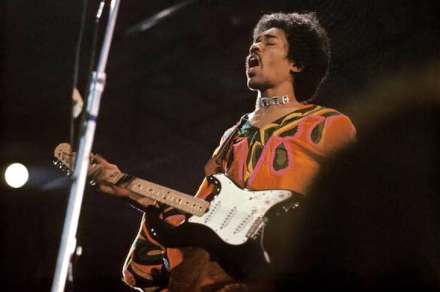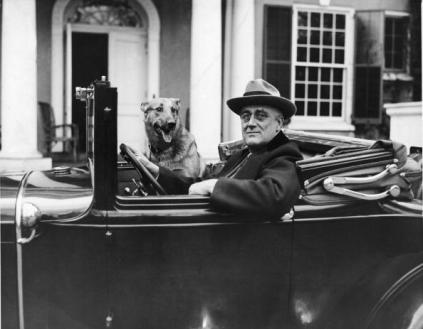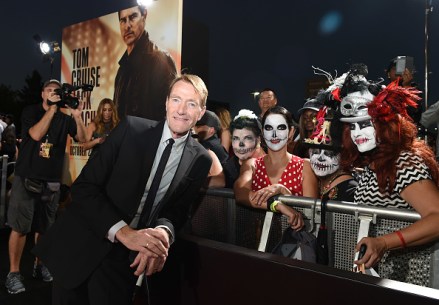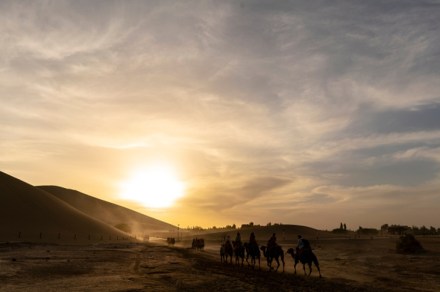The Books Podcast: Eglantyne Jebb, the extraordinary woman who founded Save The Children
In this week’s books podcast I’m talking to Clare Mulley about The Woman Who Saved The Children, her biography of Eglantyne Jebb reissued to coincide with next week’s centenary of Save The Children, the charity that Jebb founded. Eglantyne was a fascinating and deeply unconventional figure — a nice young gel from the Shropshire squirearchy who refused to fit into the social, sexual or professional pigeonholes her background seemed to destine her for. Instead she found herself investigating war crimes in Macedonia, campaigning against the postwar economic blockade of Germany, revolutionising charity fundraising, clashing with the law and pioneering the concepts that would go on to become the Declaration of the Rights of the Child.
